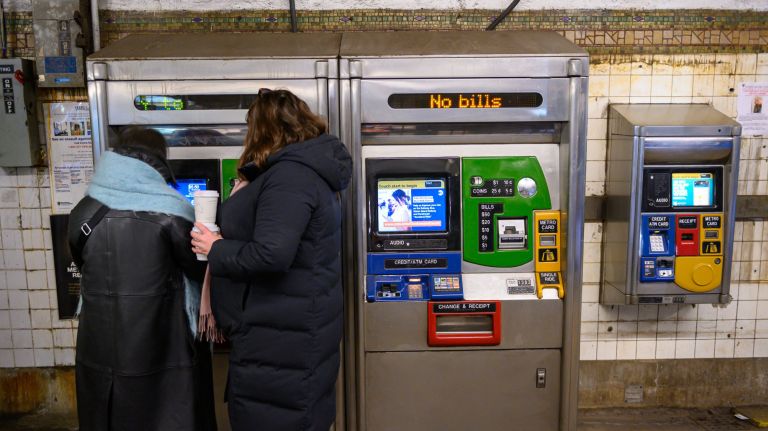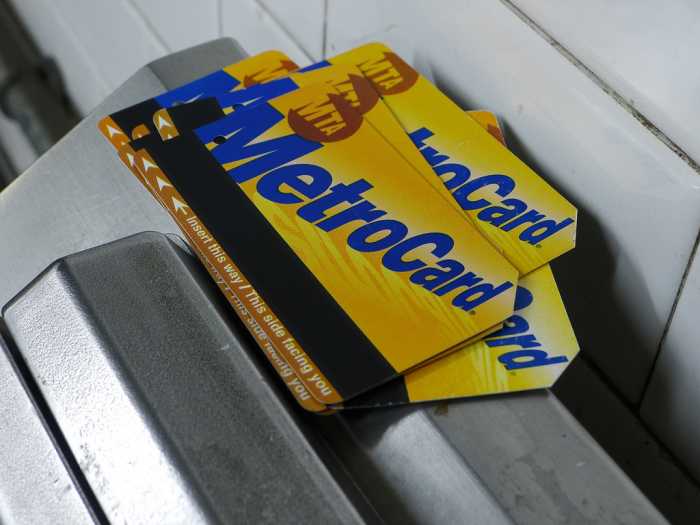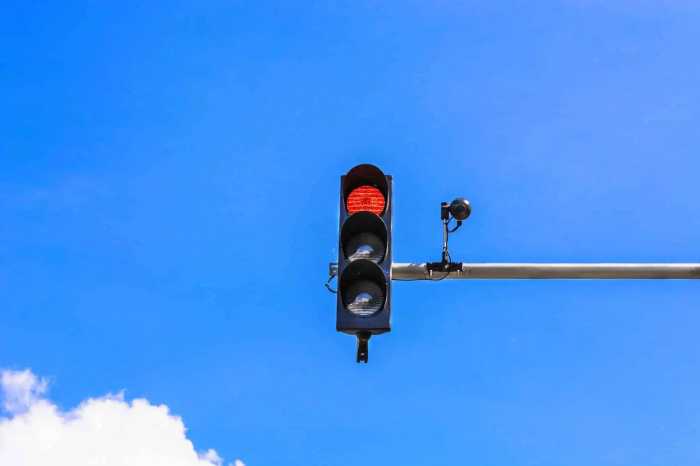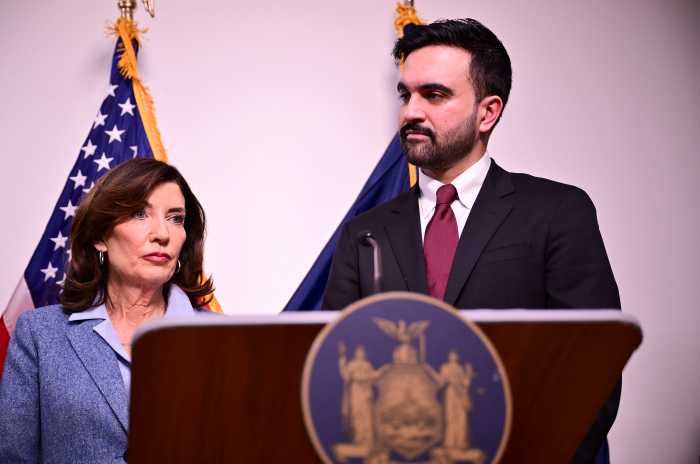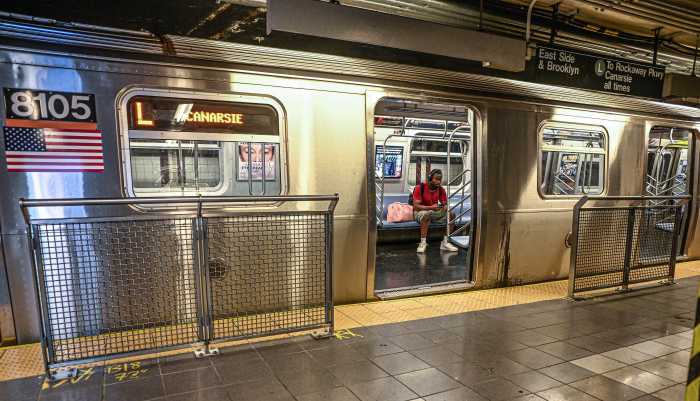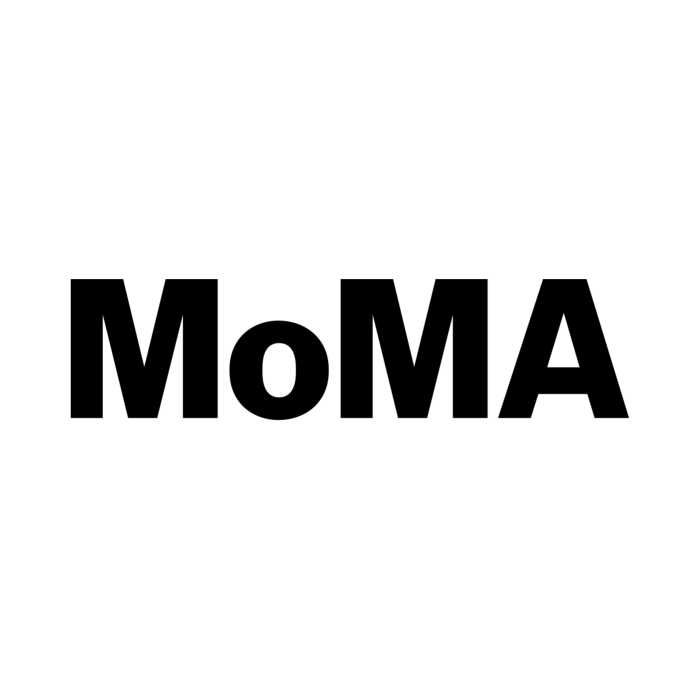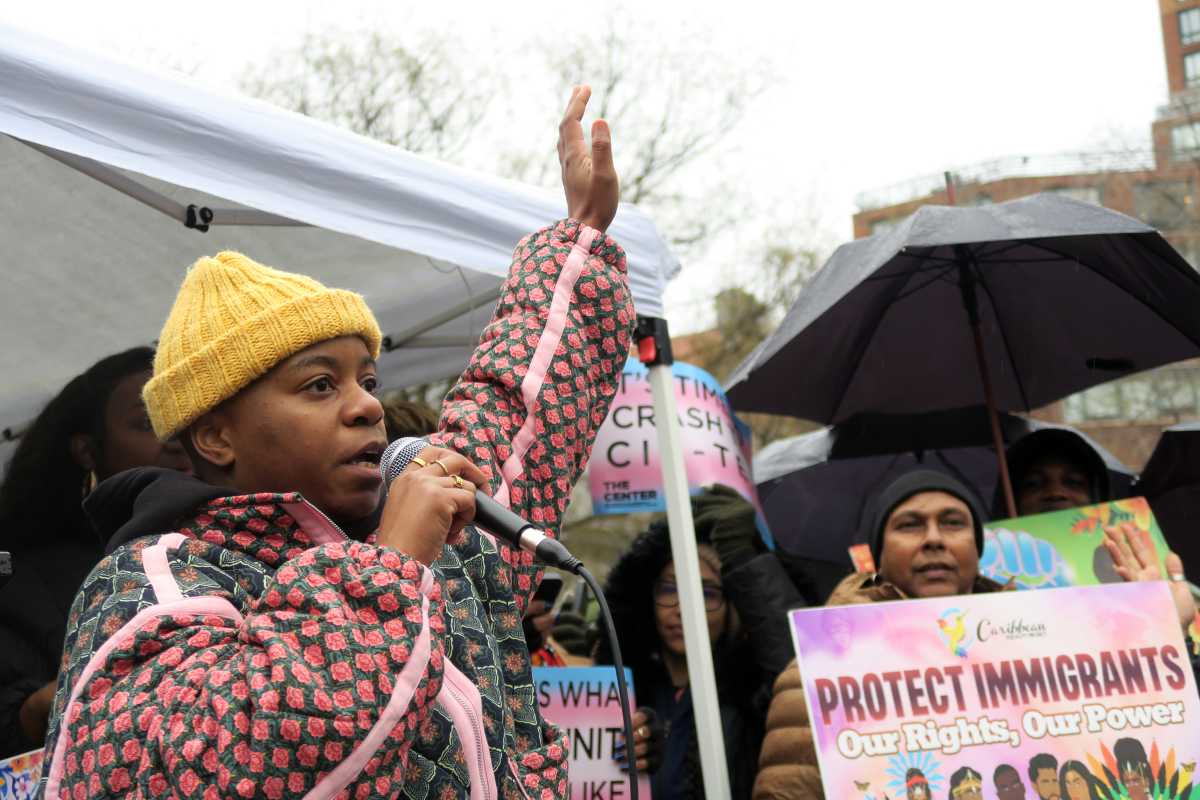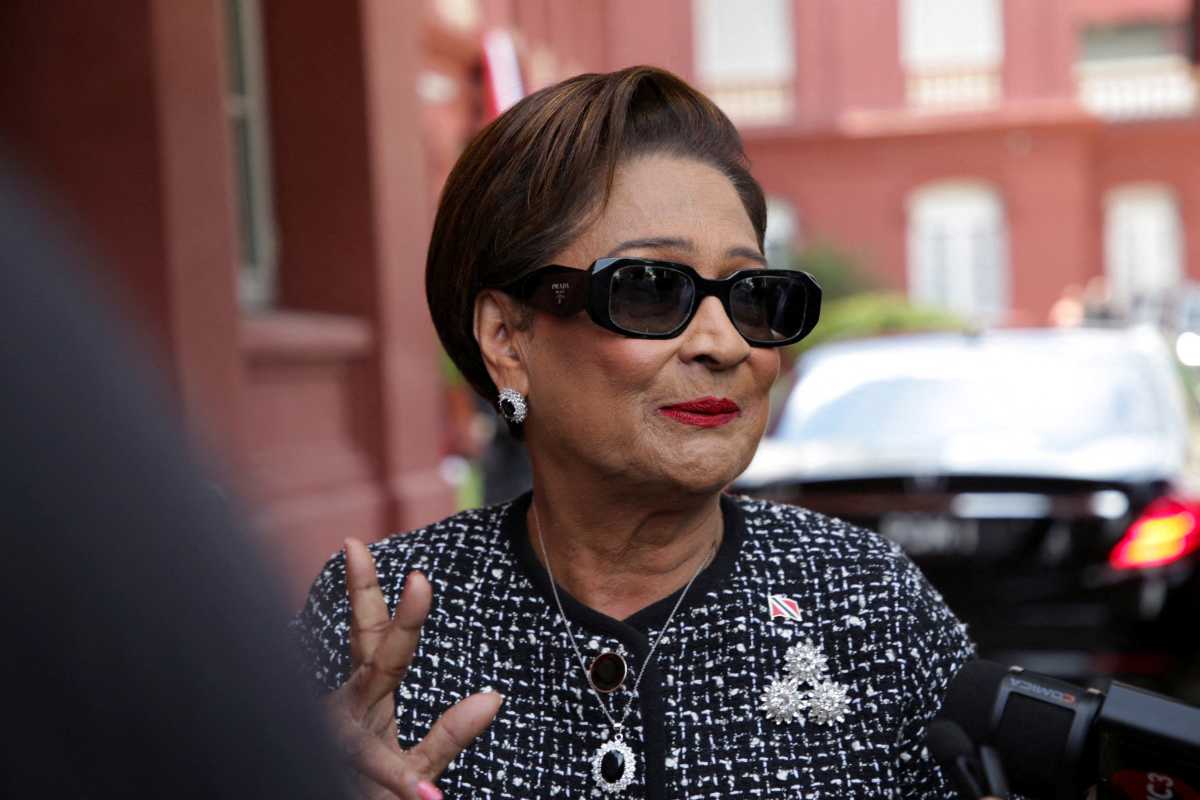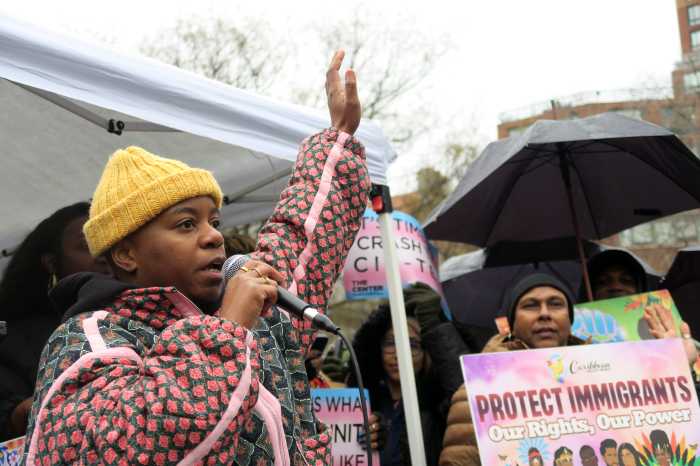
The costs of MTA fares and tolls are rising again.
The authority’s board voted Wednesday to raise rates on its subways, buses, railroads and tolled crossings. The base MetroCard fare will remain at $2.75, but the MTA will eliminate its purchasing bonus that adds additional cash to riders who put at least $5.50 on their cards. Monthly MetroCard costs will rise from $121 to $127 while weekly rates will increase from $32 to $33.
The fare increases will take effect April 21, with new tolls beginning March 31. The changes come as the MTA still struggles to provide reliable service across its agencies and grapples with financial crises as it faces a potential $1 billion budget gap by 2022. Another fare and toll hike is expected in 2021.
Acting MTA chairman Fernando Ferrer said the authority’s money problems were the “most daunting challenges [the MTA has] faced in decades,” and added that the hikes would stave off potentially devastating service cuts. He also championed ongoing cost-cutting efforts within the MTA’s agencies.
“We know that the increases alone won’t solve our problems and just as urgent we must fundamentally reform the MTA,” he said.
Under the plan, the maximum increase on weekly and monthly Long Island Rail Road tickets will be 3.85 percent, with dollar increases capped at $15 for monthly tickets and $5.75 on weekly tickets. The commuters already paying $460 or more for their monthly ticket would not see any increase — a last-minute tweak to the railroad’s fare increase proposal.
The hikes, part of planned biennial increases instituted a decade ago, represent a 4 percent increase over the next two years for the MTA, which expects to bring in an additional $336 million annually from this year’s increases. But the authority lost out on $27 million in revenue when the MTA’s board, hesitant to raise rates yet again, postponed a January vote by a month to explore alternatives to the increases.
While it may be less politically challenging for the MTA to simply tweak its obscure MetroCard purchasing bonus, some advocates disagreed with the authority’s approach to eliminate that discount.
“Since the majority of commuters — the regular riders of the system — take advantage of the discounts, their fares will effectively go up, while the occasional user, and tourist, will not feel any pain,” said Lisa Daglian, the executive director of the Permanent Citizens Advisory Committee to the MTA.
Many board members and advocates agreed that the vote was necessary to keep service afloat, but the board’s Andrew Saul said it was unfair to burden riders while the MTA’s operations are such a mess.
“This place is not managed efficiently, and the riders are getting screwed,” Saul said.
The vote came a day after Gov. Andrew Cuomo, who effectively controls the MTA, and Mayor Bill de Blasio teamed up to support a 10-point plan to fund and reorganize the authority.
Board member Veronica Vanterpool on Wednesday said she supported some elements of the plan. But she stressed her proposal to align the budget of the MTA, a state authority, to the state’s budget cycle. Currently, the MTA board must approve the MTA’s budget before it knows how the state’s budget will impact its bottom line.
Vanterpool also called for greater diversity among the MTA’s board, which is mostly populated by older white men, traditionally with expertise in areas like real estate, construction and law, and for more transparency around budgeting.
“We cannot be a two-face agency, which is what we used to say back in the Bronx,” said Vanterpool, who conceded that the increases were needed to keep service running.
Neal Zuckerman, another board member, sounded the alarm about the MTA’s “frightening deficits” forecast for the next few years and said the rate-of-inflation increases were a healthy and necessary measure for the agency.
“A 2-percent increase is not a hike,” he said.
Ferrer touted that the MTA had already begun looking at strict cost-saving measures. The MTA’s six agencies have been required to find a combined $500 million in annually recurring savings. He said the agency wasn’t yet contemplating layoffs.
"What we’re talking about is reductions in management levels … by virtue of [a] hard hiring freeze and vacancy control," he said.
Board member Andrew Albert also lamented the end of the MetroCard purchasing bonus, which typically benefits lower-income riders who can’t afford the upfront monthly and weekly passes. The current five-percent bonus added for every $5.50 pumped onto a MetroCard translates into an effective fare of $2.62.
"I question why we would then sock … those who are buying the bonus MetroCard — and [they’re] actually the New Yorkers who are economically challenged," he said.
Still, Ferrer was blunt in defending the fare and toll increases to the media after the meeting.
"It was painful for a lot of reasons for a lot of people, but we had to do it," Ferrer said. "And it was within inflation, so it wasn’t exactly a mugging."
Correction: The story originally reported an incorrect amount of annual recurring savings sought by the MTA due to an incorrect statement made by MTA Acting Chairman Fernando Ferrer.



